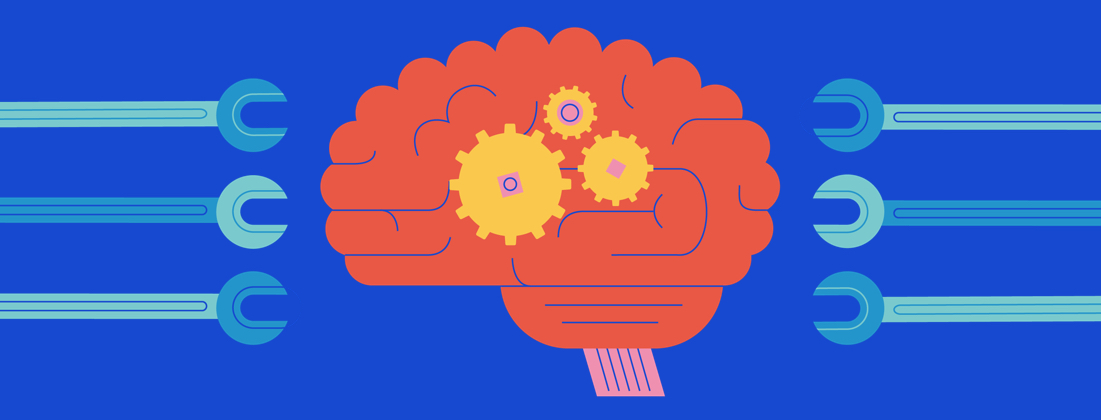Changing Assumptions
I had a particularly interesting phone conversation with a nurse at my rheumatologist’s office the other day. You see, I was fighting a flare (big surprise) and was still several weeks out from my next round of medicine. After about a week of going back and forth about it, I decided to call my doctor for a round of steroids to get me through until my treatment.
So what did I do next?
I called, left a message, and didn’t think much more about it. I feel like I have a good relationship with my doctor and was surprised when I got a call back from the nurse, questioning my need for steroids. The conversation went something like this.
“What’s going on?” the nurse inquired.
“Um well, I feel like garbage.”
“Hmmmm.” She responded. “Yeah, I’m going to need details.”
“Well fine. My hands are swollen and painful. My feet are on fire. My…”
Sure, it would have been very easy to look at that simple phone conversation very differently. I could have felt as if their questions were judging or disbelieving. I could have taken her prodding questions personally. I could have felt offended. Attacked.
Sure, initially I did. Isn’t it good enough for me to simply say I feel bad? Doesn’t she know that I wouldn’t have put forth the effort to call if I didn’t actually need steroids? Geez. It wasn’t like I was asking for the ever controversial opioids or something.
Sometimes, people will surprise you, if you let them
But you know what? I stopped myself. I took a beat to think about not only WHAT she was asking, but more importantly, I thought about WHY she was asking it. She wasn’t asking because she didn’t trust me. She wasn’t asking because she didn’t believe me. She was asking because she wanted to understand. She wanted to treat me like a person and provide quality, appropriate care.
It is so easy for us to cast inquiries about our health aside and assume that people don’t understand, that they don’t believe.
Even that there is no way they could possibly understand.
Sometimes, people try
But that isn’t always the case, is it? We do have people in our lives who try their best to understand. We have people who may not know exactly what it is like, but their support shouldn’t be dismissed simply because they can’t.
If I believed that the nurse from my rheumatologist’s office was simply asking for more details so that she could better treat my symptoms, my feelings and thoughts would have been validated. I would have understood that they really care about how I’m doing and need information to make help me make the best choices I can to treat my psoriatic arthritis pain.
Assuming that they are judging me, or not believing me when I call in pain creates a wall in our communication and keeps me from being able to foster an open and honest relationship with my rheumatologist.
Without that, without a quality relationship with my doctor, it would be very difficult for me to advocate for myself and get the quality care that I need and deserve.
Sometimes, it's just easier
But that’s sometimes what we do, isn’t it? Sometimes it is easier to feel like a victim, to feel misjudged, and attacked. It takes more effort, more time, and consideration to put ourselves in others’ shoes and assume the best instead of the worst. It is much harder to go the extra step to educate others, to help them understand, and believe that they truly WANT to believe and understand.
Take the time to change assumptions.

Join the conversation